
Story by Lana Sweeten-Shults
Photos by Ralph Freso
GCU News Bureau
Kristine Kim never wanted to become an engineer.
“The engineering field was something I was not interested in at all,” said the Arizona College Prep High School junior. But she decided to go against the grain and throw caution to the wind. “My dad is an engineer and I’ve always told my dad, ‘No, I’m not going into engineering. That sounds SO boring.
“But I decided to do something I had NO interest in, just to put myself in an environment with new opportunities.”
That sense of adventure landed her in Grand Canyon University’s High School STEM Internship program and in the lab of biomedical engineering professor Dr. David Kwartowitz.
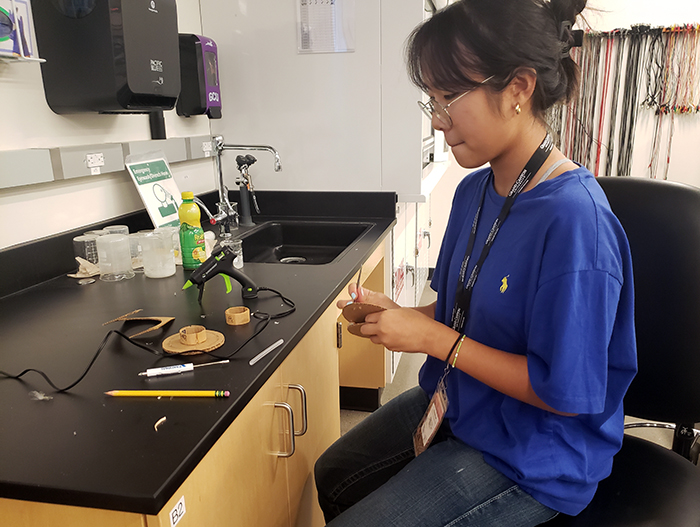
It’s where she has spent a lot of time testing and tinkering with a prototype for a walking cane using materials accessible to anyone. Kim is in the throes of developing the prototype alongside three other biomedical engineering interns.
The walking cane evolution is something she puts into her daily dinner-table report to her dad, who hears tidbits about her days this summer at GCU: Days that involve exploring (with gusto) medical-world devices and other equipment, learning about core biomedical engineering concepts and, of course, working on the walking cane prototype.
“He gets so excited when I tell him,” Kim said with a smile.
What she and the other interns are doing in designing the walking cane is developing a competition module for the next International Christian STEM Competition, introduced on the GCU campus this spring in partnership with the Association of Christian Schools International.
“It’s kind of a big deal. They bring in teams from all over the world,” said Kwartowitz of the event.
The ACSI has not incorporated a biomedical engineering competition before. Organizers didn’t know what would be doable for high school teams for a small amount of money and limited amount of time. Kim and her fellow interns, in the parameters of their module, are asking teams to develop a walking cane using $50 of materials.
“We’re letting the interns do it in part because their peers are actually going to be the ones to enter this competition. Let them develop the contest and see what they can do, and then base the competition on what they’re capable of, because this program gets the best and the brightest,” said Kwartowitz of the high school interns, who had to apply to be chosen for the program.
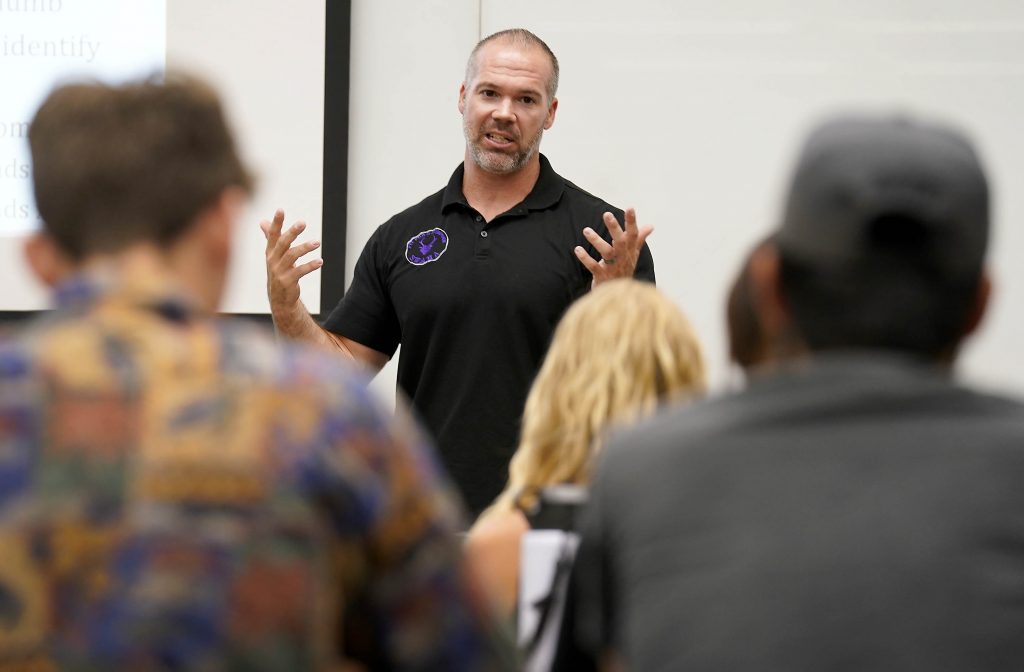
The students then have the opportunity in the fall and spring to mentor fellow Christian high school students as they prepare for the competition, something past interns have done.
K12 Educational Development started the internships in response to high school teachers who were looking for more science, technology, engineering and math opportunities for their students. In just one year, the program has more than doubled, “just through word of mouth,” said Corinne Araza, Senior Project Director of K12 STEM Outreach.
Kim is among more than two dozen of the best and the brightest students from four high schools who are imbedding with the campus’ STEM professors and GCU student mentors. They will be on campus through the end of July for their internship, organized by K12 Educational Development in partnership with the Honors College. In addition to the four biomedical engineering interns, other students are studying exercise science, coding/programming, cybersecurity and artificial intelligence/machine learning.
They’ll be spending from 100 to 200 hours in those internships this summer — five days a week — with some required to come to campus in person and others, such as the computer programming and AI interns, dividing their time between meeting in person and connecting online via dedicated Slack channels.
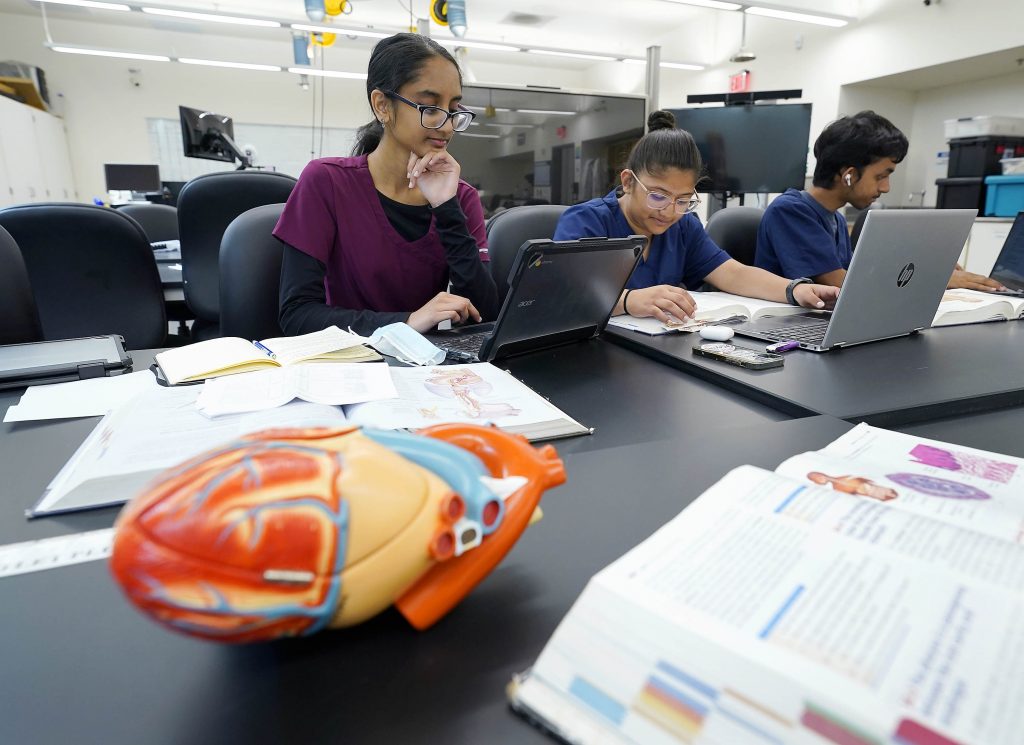
Student groups go their separate ways Monday to Thursday as they settle into the labs for their specific disciplines then reunite on Fridays for professional development. The Honors College helms topics such as social media networking, resume development and technology tools for STEM success (such as Slack, Teams and Discord).
AI/machine learning intern Stefanie Fan, who will be a junior at Desert Vista High School this fall, was busy working on coding for an upcoming Amazon Web Services Deep Racer competition co-sponsored by partner Discount Tire. She and the three other AI/machine learning interns are programming futuristic-looking model vehicles so those robots can teach themselves how to drive. They will race the cars autonomously alongside GCU students who are part of the campus’ undergraduate Research and Design Program.
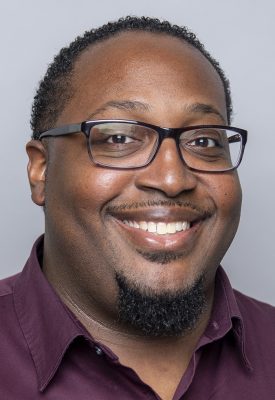
Fan never had an interest in robots before, but her robot interest level has soared ever since she started the internship under the helm of Jevon Jackson, Program Chair and Program Lead of Software Engineering.
“I’m most excited to get the robot to go on the track in the quickest time,” she said.
Fan, who is thinking of going into software engineering, is also learning programming language Python, as well as all types of machine learning and reinforcement learning.
Paradise Valley High School junior Atharva Goel also dove into cybersecurity as part of his AI/machine learning internship and researched blockchain technology.
“It was really cool to learn about that,” Goel said.
Like Fan, he’s excited about the Deep Racer competition, tentatively slated for July 14. "I think it’s going to be pretty fun," he said.
What was really cool for Jackson was seeing how much the students learned just three weeks into their internship: “For most of them, this was their first exposure to coding. These students are so bright," he said.
BASIS Scottsdale junior Praneetha Tangallpalli is spending much of her summer as an intern in professor Michael Bodeen’s anatomy and dissection lab. GCU is one of the few undergraduate colleges that allows students to get hands-on experiences with cadavers, and about 15 of the High School STEM interns are doing just that.
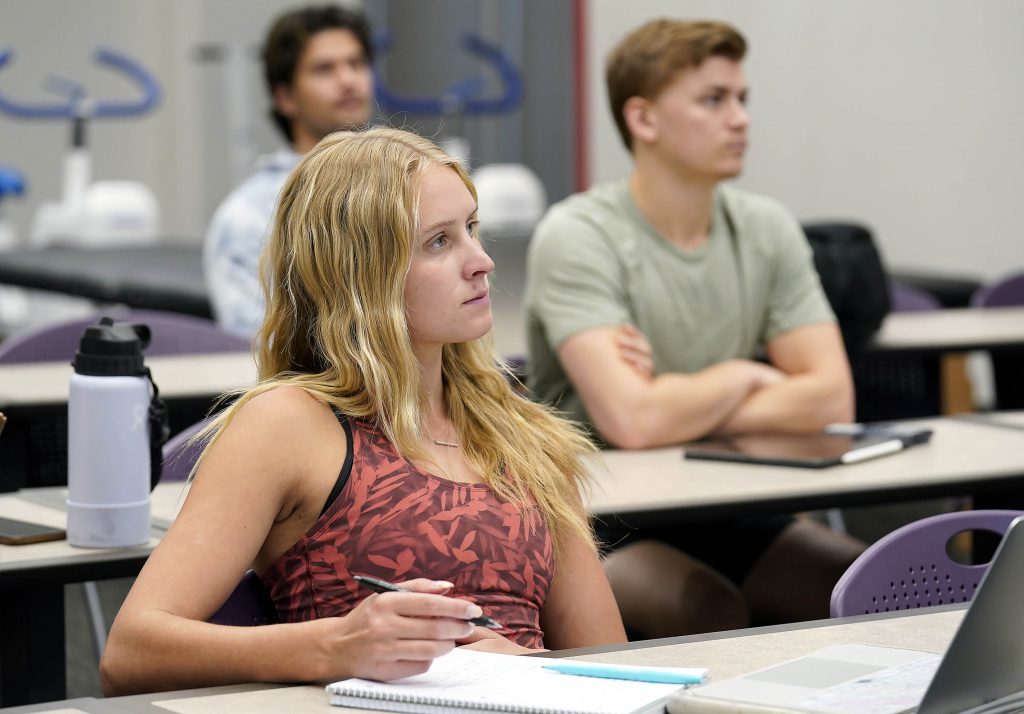
“By week 2, the interns already had an opportunity to dissect a human brain,” said Honors College Dean Dr. Breanna Naegeli. It was the big topic of conversation that week. They also learned about effective teamwork, collaboration strategies and various communication platforms.
Tangallpalli, whose dream is to be a physician specializing in infectious disease research, is one of four interns working on dissecting the thoracic and abdomen area of the cadaver. She said she noticed how much she loved her biology classes and looking through microscopes.
When she stepped into a pathology lab for the first time, “that really kick-started me,” she said of her passion for the sciences.
One thing she said that was a game-changer for her was a recent talk by Bodeen. He spoke about how he always looks at how people walk when he’s at a mall or other public space.
“Do they stagger to one side? Are their feet turned? Is there something wrong with their tibia?” he pondered. “As doctors, you go beyond that. What kind of problems would that cause for a person? What does that really mean? That’s what doctors should be doing … going beyond.”
“That stuck with me,” Tangallpalli said.
“This kind of opportunity, I’m glad I found it, really. This lab? It’s been pretty big for me.”
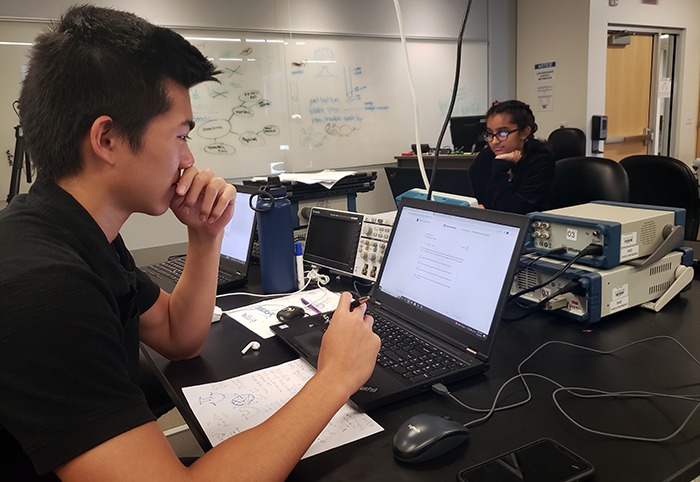
What's been big for Arizona College Prep junior Kenan Kao in the biomedical engineering lab has been all the machinery Kwartowitz and GCU biomedical engineering junior Alma Orozco have introduced students to over these last few weeks.
"The best thing has probably been seeing all the equipment," Kao said, sharing how he and the other biomedical engineering interns later that day were going to see how a computed tomography, or CT, scanner works. "We're going to scan some arteries," he said excitedly. "We're going to be working with the anatomy kids."
Arizona College Prep junior Gauri Murkoth gushed about getting to work with an ultrasound machine the day before. "We were able to actually scan my wrist, his (Kao's) eyes. It was cool to see all the images."
Creating the walking cane prototype has been fun too, Murkoth added, "just learning from the failures."
Orozco, who has been working on a project for the Biomedical Engineering Society this summer, volunteered to mentor the high school biomedical engineering interns alongside Kwartowitz.
"The thing I loved the most about mentoring was being able to help them beyond just their project (for the International Christian STEM Competition). I was able to answer questions and expand their interest in biomedical engineering, something I'm very passionate about," Orozco said. "I also loved that I was able to learn from this experience with them."
As for Kim, who was decidedly against becoming an engineer like her dad, she has had a change of heart.
"I had no idea I would be interested in engineering," she said, and when it comes to her list of what she wants to do with her life? "I know for sure that engineering has been added to the list."
GCU senior writer Lana Sweeten-Shults can be reached at [email protected] or at 602-639-7901.
Related content:
GCU Today: High schoolers with a heart for STEM intern at GCU
GCU Today: High school students research possibilities at GCU



































































